Kabila’s Surprise Arrival in Goma Throws DR Congo Into Fresh Uncertainty
Joseph Kabila just set foot back in the Democratic Republic of Congo after more than a year lying low outside the country—and he chose one of the most controversial places to make his comeback. On April 19, 2025, Kabila landed not in the capital, Kinshasa, but in Goma. This city isn’t just a far-flung outpost; it’s currently under control of M23/AFC rebel-held forces. The move wasn’t just about coming home. It’s ignited a firestorm inside Congolese politics, with accusations and suspicions swirling among both supporters and opponents.
The ruling UDPS party, led by President Félix Tshisekedi, moved fast to question Kabila’s motives. Augustin Kabuya, their secretary-general, went public right away. He hinted that arriving in Goma showed sympathy with the rebels, hinting at backroom alliances, or at least some sort of understanding between Kabila and the insurgents. It’s no coincidence that Goma is the seat of the very rebels who’ve kept the region in a chokehold for years. For many in the government, the optics look terrible—and it’s just fueling the already explosive mistrust in Congolese politics.
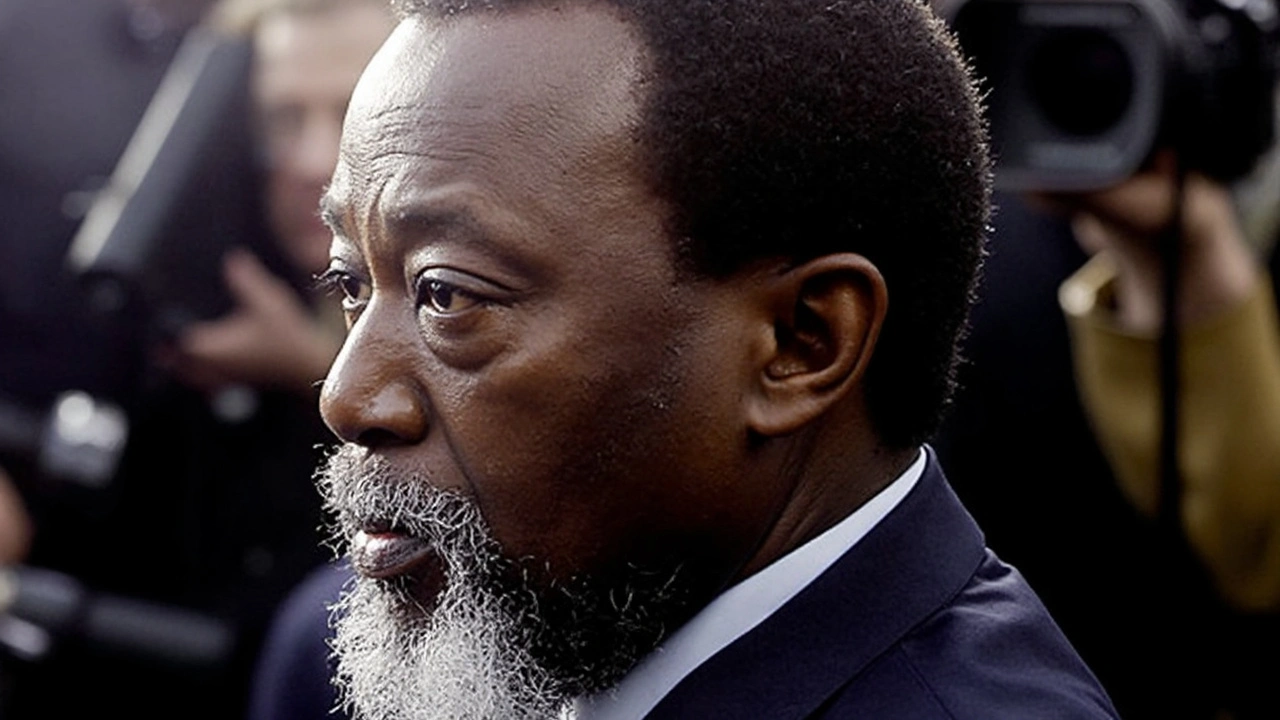
Kabila Fights Back: Denials, Raids, and Political Chess
Kabila himself, never shy of a fight, shot back at his accusers. He was quick to dismiss the rebel-support allegations as baseless, even daring President Tshisekedi’s team to show any actual proof. For him, the story is all about peacemaking. He claims his return is to “participate in peace efforts,” shifting the narrative from suspicion to statesmanship.
His party, the PPRD, is defending his every move by pointing to Article 30 of the Congolese Constitution. That clause gives citizens—including ex-presidents—the right to travel anywhere in the country. Yet, the legal argument isn’t calming the political storm. In fact, things ramped up immediately after his return when government forces descended on Kabila’s Kinshasa properties. Security teams searched two family residences in Limete and Kingakati, seizing items like generators, solar panels, and vehicles. All this went down while Kabila was still in Goma—hundreds of miles away.
This wasn’t a quiet police probe. Kabila’s wife, Marie Olive Lembe, went public too, calling the raids “looting and theft.” She slammed the government for not even bothering with a warrant or proper procedure. Neighbors watched trucks cart off vehicles from the fancy Kingakati mansion. For Kabila’s supporters, this is about intimidation, pure and simple—an attempt to send a message while their figurehead is back in the spotlight.
Meanwhile, President Tshisekedi’s government hasn’t given a clear explanation for why they searched the homes or what evidence they were hoping to find. No official statement has come out about the ex-president’s return, leaving the media and public to fill the gaps with rumors and speculation.
As for Goma itself, it remains a hotspot. The city’s streets are tense, with UN convoys rolling past armed rebel checkpoints. Locals can’t ignore the irony: their city now hosts two parallel authorities—the rebels and a former national president. Security analysts, looking at the wider region, say Kabila’s choice of landing spot isn’t just a personal move—it could trigger fresh rivalry for influence in eastern DR Congo. With rebel groups entrenched and government forces stretched thin, no one is sure where the next move will come from or whether things will tip into open confrontation.

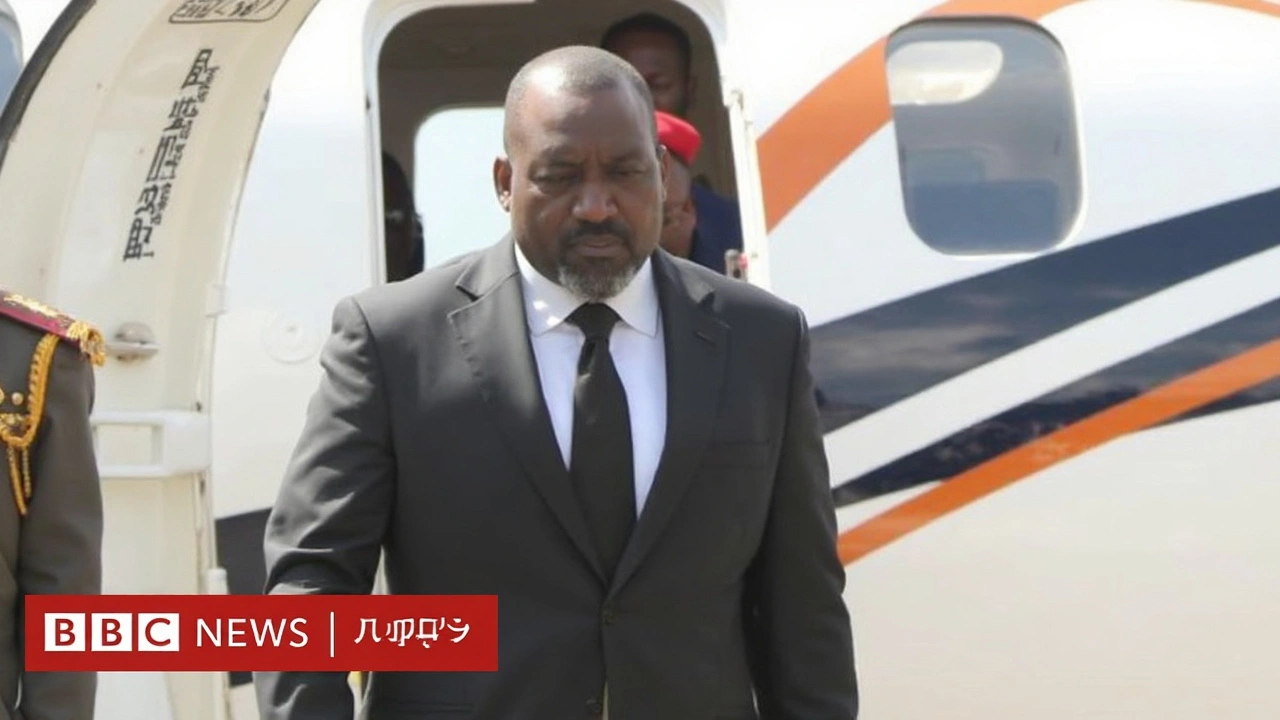
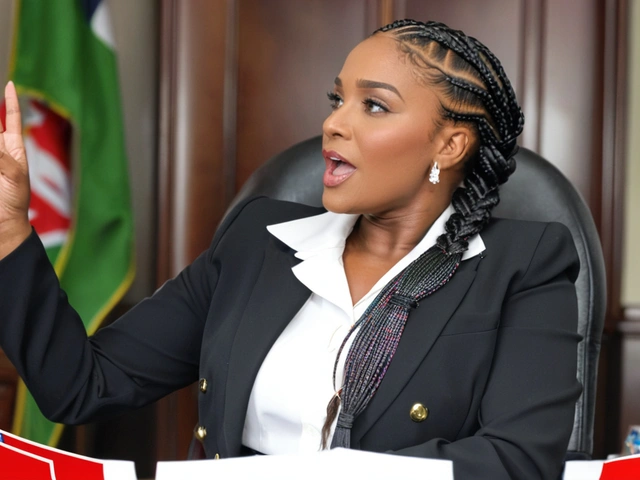
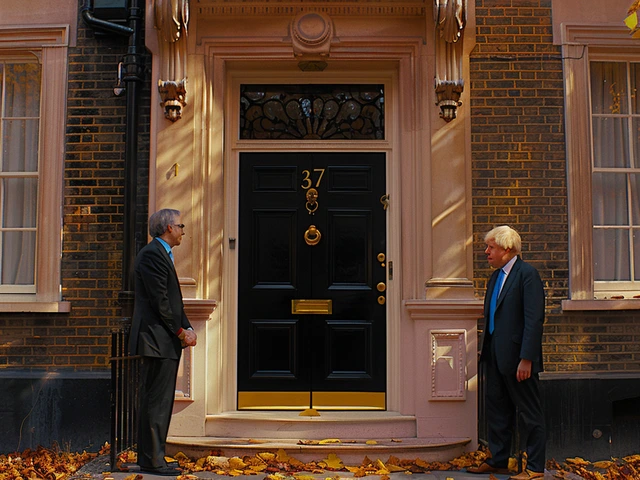

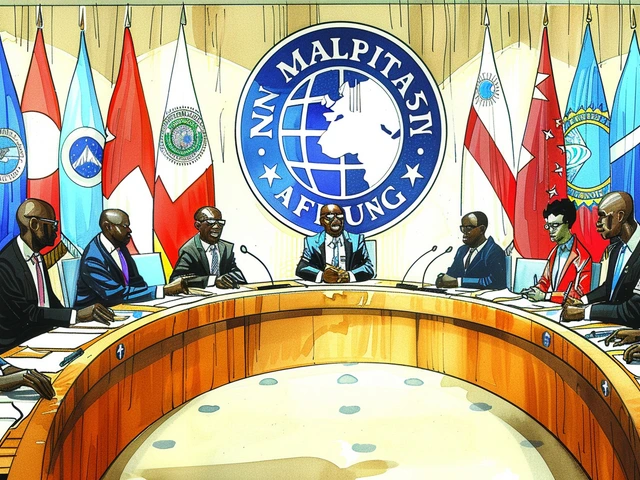

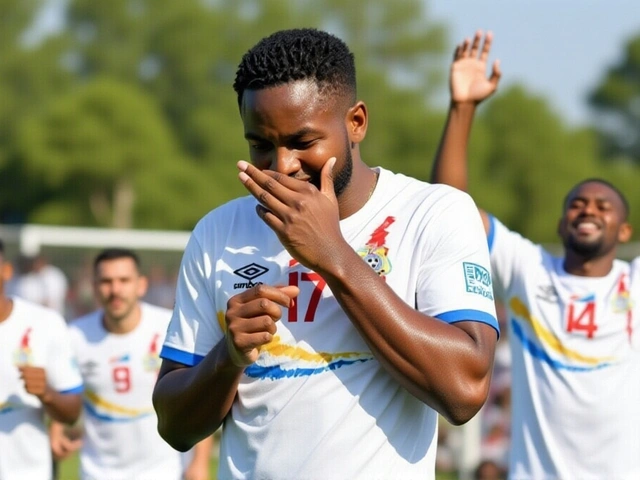
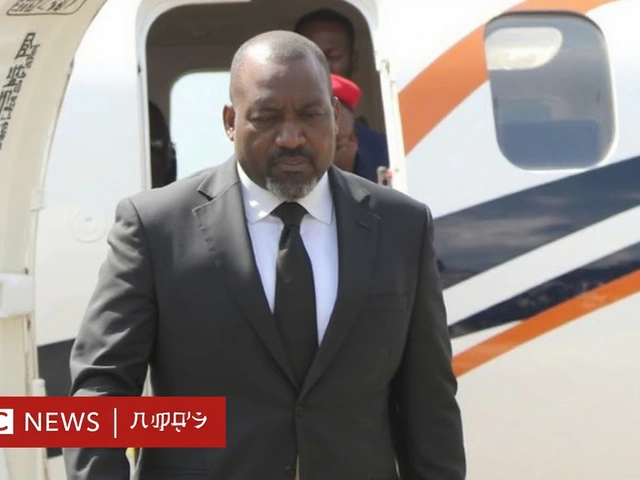
Mayur Karanjkar
April 22, 2025 AT 00:25The geopolitical reverberations of Kabila's maneuver are nontrivial; his reentry into Goma signals a strategic recalibration. It invokes a dialectic of legitimacy versus insurgency. Moreover, the constitutional prerogatives invoked merit scholarly scrutiny.
Sara Khan M
April 22, 2025 AT 19:52🙄
shubham ingale
April 23, 2025 AT 15:18Kudos to those pushing peace forward! Keep the momentum going 😂
Ajay Ram
April 24, 2025 AT 10:45When we contemplate the tapestry of Congolese history, the threads of colonial extraction intertwine with post‑independence turmoil, creating patterns that repeat across generations. The arrival of a former head of state in a rebel‑controlled enclave is not merely symbolic; it is a resonant echo of past power vacuums. One must consider the sociopolitical architecture that allows such a figure to navigate both official corridors and insurgent strongholds. The M23 movement, rooted in grievances over resource distribution, perceives Kabila's presence as either a bargaining chip or a threat to its legitimacy. Simultaneously, the incumbent administration grapples with the optics of a rival commandeering a contested space, which could undermine its authority in the east. Constitutional Article 30, while expansive, does not exist in a vacuum; its invocation must be weighed against the realities of security, governance, and public perception. The raids on Kabila's properties, though framed as law‑enforcement actions, may also function as political signaling, a reminder that no former leader is immune to state scrutiny. This duality of legal justification and political theater amplifies the uncertainty that already permeates the region. Moreover, regional actors, including neighboring states, will calibrate their diplomatic posture in response to these domestic developments, fearing spillover effects. The United Nations peacekeepers, tasked with safeguarding civilians, now find themselves amidst a delicate balance of power, where each movement could trigger escalated conflict. In this milieu, the populace of Goma experiences a paradoxical coexistence of dual authorities, a scenario that challenges conventional state‑society relations. Ultimately, the trajectory of this crisis will hinge on whether dialogue can supplant suspicion, or whether entrenched rivalries will precipitate a broader confrontation.
Dr Nimit Shah
April 25, 2025 AT 06:12From a nationalist perspective, the sovereignty of the DRC must never be compromised by external meddling, and Kabila's sudden dash into rebel territory raises alarms. His actions, though cloaked in the language of reconciliation, could be interpreted as opportunistic realpolitik, undermining the unity we so fiercely defend. It is essential that the state maintains a firm stance against any encroachment on its territorial integrity.
Ketan Shah
April 26, 2025 AT 01:38The historical context of eastern Congo illustrates a complex mosaic of ethnic dynamics, mineral wealth, and regional geopolitics. While Kabila's return may be framed as a peace initiative, it inevitably interacts with long‑standing grievances rooted in marginalization. Such developments deserve careful analysis beyond headline narratives.
Aryan Pawar
April 26, 2025 AT 21:05It's inspiring to see leaders trying to bridge gaps and foster dialogue in these turbulent times. The people deserve hope and positive change
Shritam Mohanty
April 27, 2025 AT 16:32Don't be fooled – this is a covert move orchestrated by hidden powers to destabilize the region further. The elite are playing chess while the citizens suffer.
Anuj Panchal
April 28, 2025 AT 11:58Analyzing the recent developments through a lens of conflict theory reveals a power vacuum that both state and non‑state actors are vying to fill. The strategic calculus behind Kabila's choice of Goma suggests a bid to leverage insurgent legitimacy to renegotiate political capital within the national arena.
Prakashchander Bhatt
April 29, 2025 AT 07:25That perspective adds a valuable layer to our understanding; appreciating the strategic nuances helps us stay hopeful about future resolutions.
Mala Strahle
April 30, 2025 AT 02:52Observing the unfolding scenario, one cannot help but reflect on the broader implications for regional stability and humanitarian concerns. The juxtaposition of formal state structures with irregular armed groups creates a mosaic of authority that challenges conventional governance models. While some view Kabila's movement as a conciliatory gesture, others interpret it as a calculated bid for political leverage. Regardless of intent, the citizens of Goma find themselves caught in a liminal space where allegiances are fluid and daily life is subject to the whims of shifting power dynamics. The international community, watchful yet constrained, must navigate a diplomatic tightrope, balancing condemnation of insurgent activity with the imperative to support peacebuilding initiatives. In the meantime, local actors-civil society organizations, community leaders, and ordinary residents-continue to adapt, often displaying remarkable resilience amidst uncertainty.
shubham garg
April 30, 2025 AT 22:18Wow, what a twist! It's great to see leaders trying new ways to bring peace, keep the vibes positive!
LEO MOTTA ESCRITOR
May 1, 2025 AT 17:45Absolutely! Every step toward dialogue is a win, let's stay hopeful and supportive 😊
Sonia Singh
May 2, 2025 AT 13:12Nice observations, everyone. It’s good to see the conversation staying constructive and friendly.
Ashutosh Bilange
May 3, 2025 AT 08:38Hold up, did you even read the full report? This is just the tip of the iceberg, the drama is about to explode, and everyone’s sleeping on the real story!
Kaushal Skngh
May 4, 2025 AT 04:05Honestly, this feels like another overhyped political stunt.
Harshit Gupta
May 4, 2025 AT 23:32While some dismiss it as a mere stunt, the underlying nationalist currents suggest a deeper strategic maneuver, and we must consider the broader implications for regional sovereignty.
HarDeep Randhawa
May 5, 2025 AT 18:58Indeed, the situation, while complex, demands a nuanced analysis, one that acknowledges the interplay of internal politics, external influences, and the ever-present quest for stability, especially in such a volatile region.